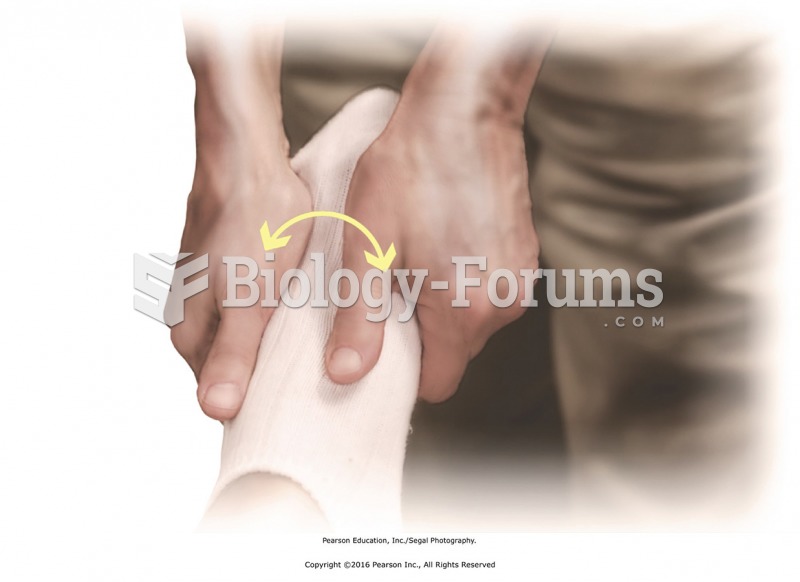|
|
|
Carbamazepine can interfere with the results of home pregnancy tests. If you are taking carbamazepine, do not try to test for pregnancy at home.
Calcitonin is a naturally occurring hormone. In women who are at least 5 years beyond menopause, it slows bone loss and increases spinal bone density.
Prostaglandins were first isolated from human semen in Sweden in the 1930s. They were so named because the researcher thought that they came from the prostate gland. In fact, prostaglandins exist and are synthesized in almost every cell of the body.
The most common childhood diseases include croup, chickenpox, ear infections, flu, pneumonia, ringworm, respiratory syncytial virus, scabies, head lice, and asthma.
The first-known contraceptive was crocodile dung, used in Egypt in 2000 BC. Condoms were also reportedly used, made of animal bladders or intestines.
 Filter in the vena cava prevents an embolus from traveling to the heart, lungs, or brain; A, Greenfi
Filter in the vena cava prevents an embolus from traveling to the heart, lungs, or brain; A, Greenfi
 Many gasoline service stations have signs posted warning customers to place plastic fuel containers ...
Many gasoline service stations have signs posted warning customers to place plastic fuel containers ...





